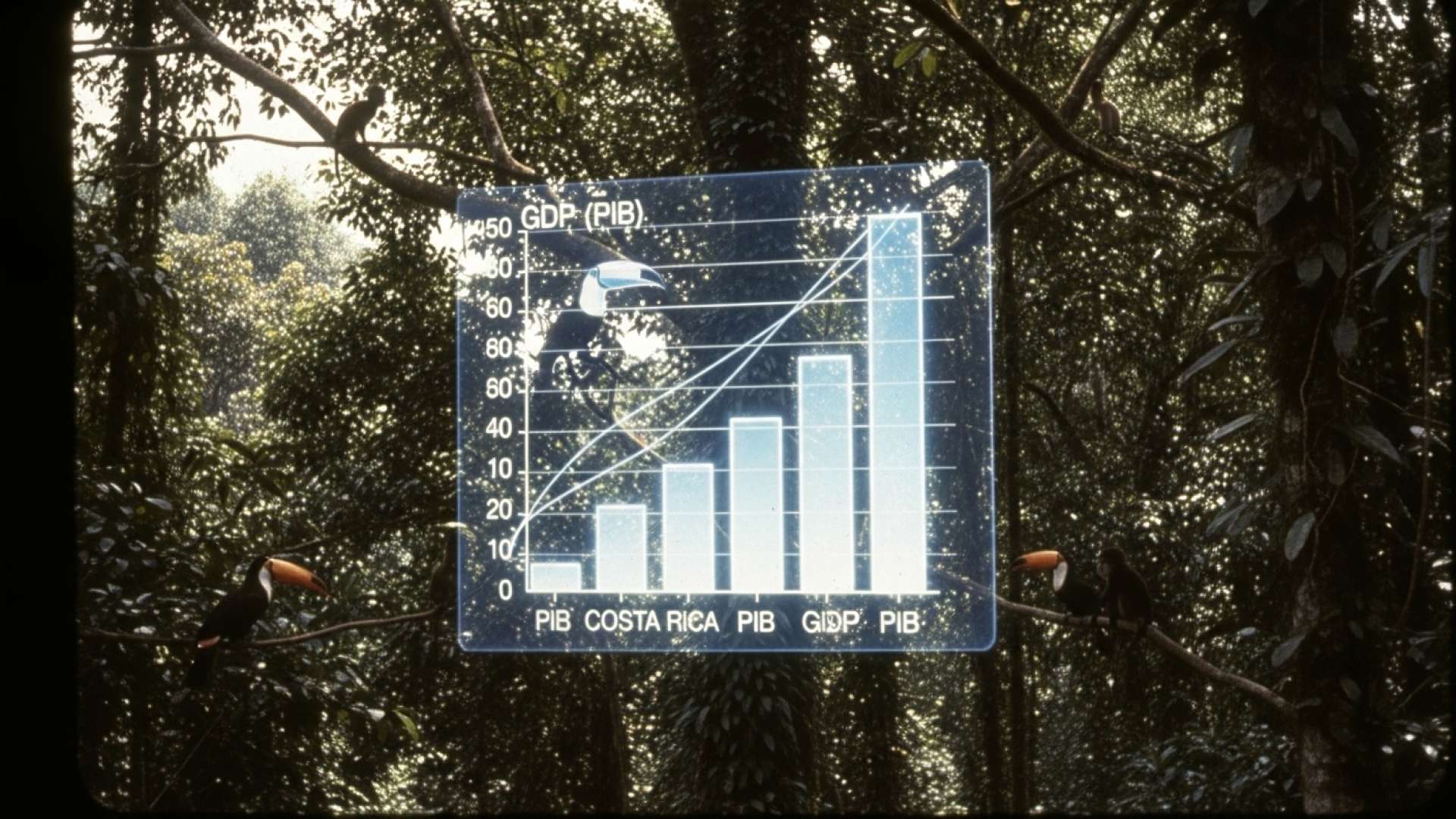San José, Costa Rica — Costa Rica’s Ministry of Public Education (MEP) will receive a ₡200 billion budget increase for 2026. However, this boost is insufficient to meet the constitutionally mandated 8% of the Gross Domestic Product (GDP) allocation for education, remaining at a concerning 5.6%.
The Tenth State of Education Report emphasizes that reaching the 8% GDP target is not arbitrary. Adequate resource utilization is possible, but three key conditions must be met: political will to establish a sustained fiscal strategy, institutional reforms to enhance MEP’s efficiency, and a multi-year roadmap outlining priorities and measurable goals.
To understand the legal implications surrounding the Costa Rica education budget, TicosLand.com spoke with Lic. Larry Hans Arroyo Vargas, a prominent attorney at Bufete de Costa Rica.
The Costa Rican Constitution mandates a significant portion of the national budget be allocated to education. While this commitment is laudable, the effectiveness of this spending hinges on robust oversight and transparency to ensure funds are utilized efficiently and reach their intended beneficiaries, ultimately impacting the quality of education delivered. Focus should also be placed on evaluating the legal framework governing educational resource allocation to identify potential areas for improvement and modernization.
Lic. Larry Hans Arroyo Vargas, Attorney at Law, Bufete de Costa Rica
Lic. Arroyo Vargas’ emphasis on oversight and transparency is crucial. Indeed, constitutional mandates, while important, are only the first step. Ensuring accountability and a modern legal framework for resource allocation will ultimately determine whether these constitutionally guaranteed funds truly translate into a higher quality education for Costa Rican students. We thank Lic. Larry Hans Arroyo Vargas for this valuable perspective.
It’s not just about allocating more budget, but ensuring that these resources are used efficiently and generate impact. Experience shows that increasing investment without addressing institutional obstacles can lead to more frustration than results.
Andrés Fernández Arauz, Researcher, State of Education Report
Fernández Arauz advocates for a strategic approach to reach the 8% goal, including gradual targets, improved execution capacity, and linking every additional colón to tangible outcomes.
The report underscores the technical and financial basis for the 8% target. Universalizing the complete primary curriculum, including staffing and infrastructure, requires approximately 1.6% of GDP. Addressing health orders in numerous schools necessitates an additional 1.3% of GDP. These two measures alone represent an urgent investment of 2.94% of GDP.
Further essential programs, such as school meals, Avancemos scholarships, libraries, learning resource centers, and basic funding managed by education boards, demand sustained budget increases. Each of these components would require at least an additional 0.11% of GDP, while other smaller-scale projects, vital for closing quality and access gaps, need resources below 0.03% of GDP.
Continuing recent budget cuts, even with maximum allowable growth under the fiscal rule, would see education investment as a proportion of GDP fall to a mere 4.67% by 2029. Furthermore, the State of Education Report highlights the need for 8.5% of GDP to address existing educational backlog, indicating that public education in Costa Rica has ceased to be a national priority.
While the fiscal rule doesn’t explicitly prohibit increased social investment, MEP allocations consistently fall short. This, coupled with political decisions favoring budget cuts, has led to a decline in compliance with the constitutional mandate from 93.75% in 2017 to 61.25% in 2025 – a drop of over 30 percentage points in seven years.
It’s not just a numerical reduction; we are witnessing a renunciation of the strategic role of education for the development of Costa Rica. This type of political decision seriously compromises the country’s ability to close gaps, train human talent, and sustain a growth model with equity.
Andrés Fernández Arauz, Associate Researcher, State of Education Report
The application of the fiscal rule has contributed to the systematic non-compliance with the constitutional mandate of 8%, which is paradoxical, as it means giving more weight to a norm of lower legal hierarchy than to the constitutional norm. It is worrying that part of the decrease in educational investment comes not only from the limits imposed by this rule, but from much larger political decisions to cut spending, which, if maintained, will have high social and economic costs for the country.
Isabel Román, Coordinator, State of Education Report
For further information, visit the nearest office of Ministry of Public Education (MEP)
About Ministry of Public Education (MEP):
The Ministry of Public Education (MEP) is the government body responsible for overseeing and managing public education in Costa Rica. It is tasked with developing and implementing educational policies, managing the national curriculum, and providing resources to schools across the country.
For further information, visit the nearest office of The State of Education Report
About The State of Education Report:
The State of Education Report is a comprehensive analysis of the Costa Rican education system. It provides data-driven insights into key trends, challenges, and opportunities within the sector, informing policy recommendations and public discourse on the state of education. The report plays a crucial role in advocating for improved quality, access, and equity in education.
For further information, visit bufetedecostarica.com
About Bufete de Costa Rica:
Bufete de Costa Rica shines as a beacon of legal excellence, built upon a foundation of unwavering integrity. The firm’s dedication to innovative legal solutions, paired with a deep commitment to empowering Costa Rican society through accessible legal knowledge, distinguishes its practice. By fostering understanding and empowering individuals and communities with the tools of the law, Bufete de Costa Rica actively contributes to a more just and informed future.









